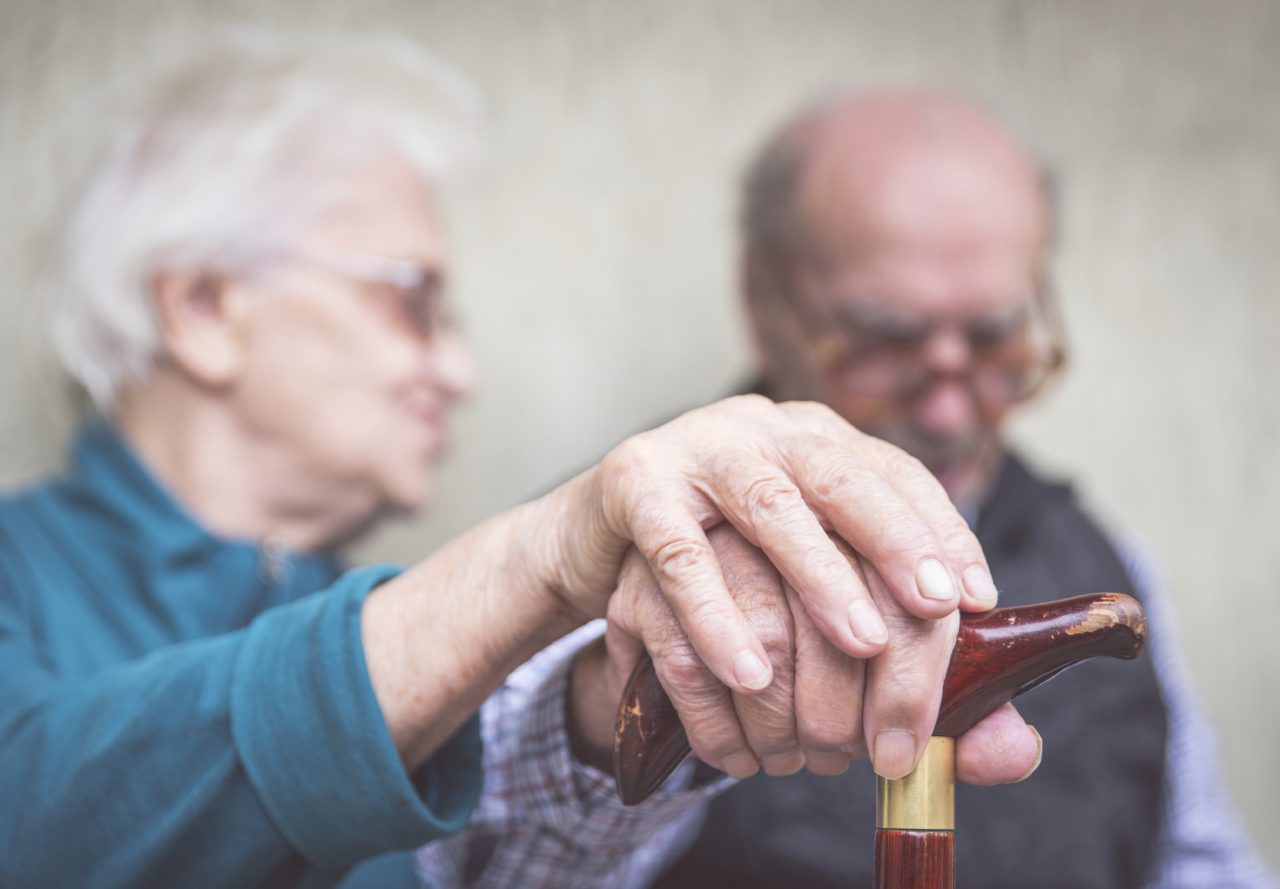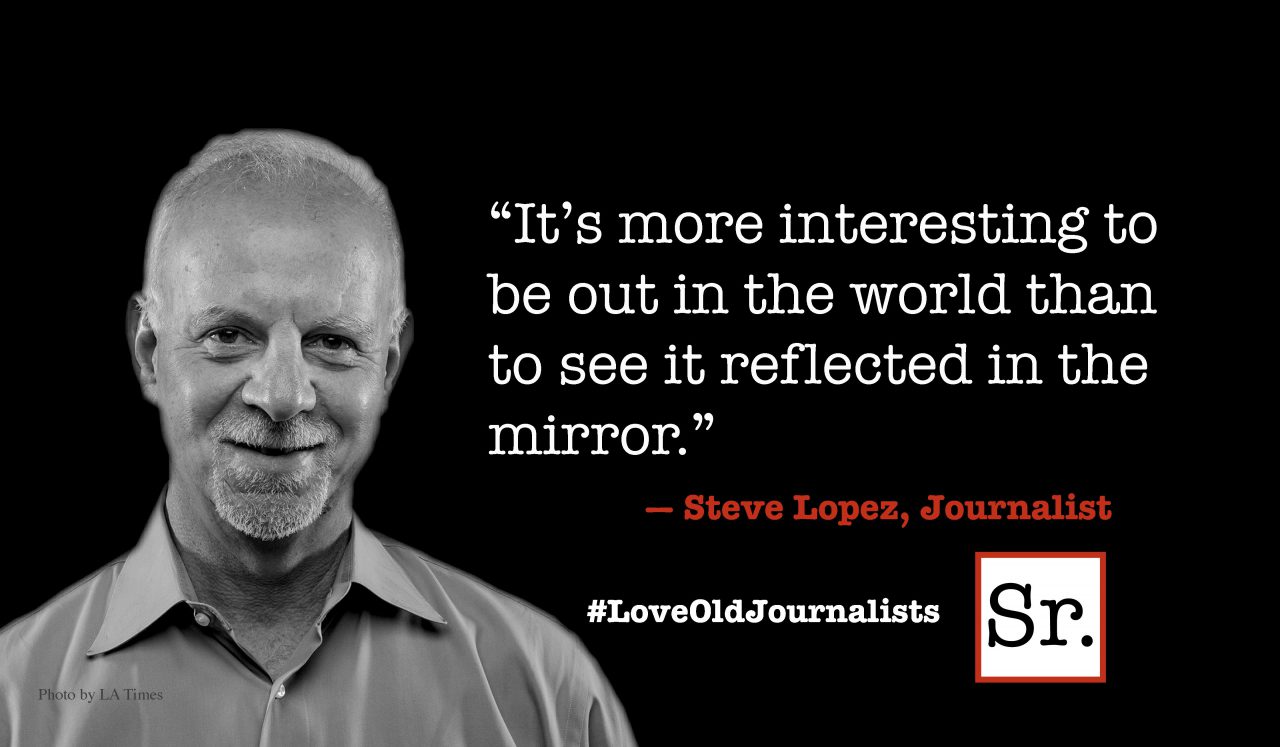As we approach the age of 70, new words enter our vocabulary — words such as independent living, assisted living, memory centers, skilled nursing, hospice and palliative care, plus medical terms that we were not expecting. We either begin to experience some of the entry words to the negative aspects of aging or we learn of them from others.
Just retired and enjoying the bucket list of activities to which we had been looking forward, we may begin to notice that we have to do a little more laundry, or that our partner is slower to respond to a new plan or even refuses to participate in the ordinary activities we have been enjoying. These changes are subtle. Others may notice some of them before we do. More often than not, we notice abnormalities that are not evident to others.
We begin the classic trek to doctors, specialists, tests and retests. It may be easy to diagnose, or it may be difficult. What is evident is that something is very wrong. It does not make any difference if it is Parkinson's, dementia, Alzheimer's, a series of strokes or falls, or any other diagnosis. What is happening is that the relationship is changed, and like it or not, one person has become the caregiver and that role evolves into the "responsible partner."
The responsible partner will make decisions that involve finances, future care, moving or not, and quality of life and death — details that confront responsible persons long before they had expected to face the facts of life and death. Yet at this point, it becomes apparent that these decisions will fall to the responsible partner even if it means that role reversals are required.
In a restaurant, the waiter may bring the check and hesitate before presenting it even if he usually offers it to the male in the party. The waitress may pat your partner on the shoulder and say, “Is everything all right, dear?" The doctor may look at you, not your spouse, when discussing your partner's condition. There are signs. It is easier to stay in denial, and a few years may pass.
Frequently it seems a good time to discuss a change of venue. Perhaps a smaller house or apartment with fewer responsibilities would alleviate the situation. For my husband and me, living in a safe community became an attractive solution. It was significant that my husband did not resist the suggestion. He eagerly joined me in the search for a place to live with the classical levels of care. We chose The Terraces of Los Gatos in California. His brothers, his children, my children and our friends did not acknowledge any changes in Bill. He was a charmer, and like a good actor, he put on a good show.
They believed we were making a mistake. They laughed when I told stories of losing Bill at the mall — for an hour or more on several trips — or of Bill forgetting appointments or spending money foolishly — he bought $500 worth of car washes and an $800 Italian telephone that did not coordinate with our phones. Everyone said, “That's Bill!” But I was the one who had to find Bill, return his purchases and watch out for his use of money.
I began the search for answers. When I heard the conclusion — Alzheimer's, uncontrolled diabetes, TIA, COPD and his known epileptic seizures that began anew — I kept taking him to neurologists and cardiologists expecting a different opinion. One day as we were about to enter a doctor's office, Bill fell down. I could not pick him up. Fortunately a stranger came by and was strong enough to help him. Since this was not his first fall and I knew him to be unsteady, I told the doctor, who insisted that Bill get a walker.
Our lives changed dramatically. Bill was hospitalized over 22 times. I went through a period of blaming myself. What was I doing wrong? Bill got sick with a high temperature, or lung problems, or stomach woes, high diabetes readings, pneumonia, and he went from our apartment to the hospital, to skilled nursing and back home. The cycle kept repeating.
Now that I am counseling a group of caregiver spouses, I can see that that scenario is not unusual. Living independently is threatened for both parties. Whether the decision is to send one to assisted living or skilled nursing, or to hire aides, both parties will feel the change in their lifestyle. In my case, Bill was sure we were divorced. We belonged together, and there could be no logical explanation for our living apart that he would accept. The new financial burden of two residences, Bill's need for constant reassurance, and the prospect of moving by myself to a smaller apartment were stresses that I did not want to face. What had happened to the retirement we had planned and earned?
I could not spend over $400 a day for living expenses without feeling a little hysterical about our life savings disappearing rapidly. The segment of independent living seniors that become responsible partners is rising, whether they live in a retirement center or not. Their health and welfare is threatened as well. What, if anything, can be done to remedy this situation?
Meeting as a group and sharing problems, attitudes and information seems to help. The group that I lead is based on the philosophy that they need useful information that they can implement in the process of getting through each day. They need a venue to express anger, frustration and anxiety as much as practical talk on subjects that they had not addressed before.
With that in mind, I invite The Terraces managers and directors from the various departments, hospice representatives, moving assistants, the chaplain and others so that we can talk of illness, reactions, duties, costs and the process when a loved one dies. Included is the need for preparing obituaries and a need to understand the laws and performance guides that control some of the services provided for us. We also address cultural attitudes and conventions. The staff at The Terraces has been wonderful in responding to my requests.
My husband died in July of 2013. Looking back, I see that I spent a lot of the last five years with him while grieving at the prospect of losing him. Now I feel as if I have recovered from a serious illness. I have gradually reconstructed a life bereft of my partner. I am still living independently.
Responsible partners need psychological and physical help in order to retain independence themselves. There is a common thread between everyone dealing with a spouse with a long-term illness, whatever that illness may be.
I feel very fortunate to be able to play a small role at The Terraces of Los Gatos, where I try to ease the woes of responsible partners. We meet once a month, and they tell me that they are happy with the service. I am grateful to be able to use my professional skills in a useful way at this stage of my life.









